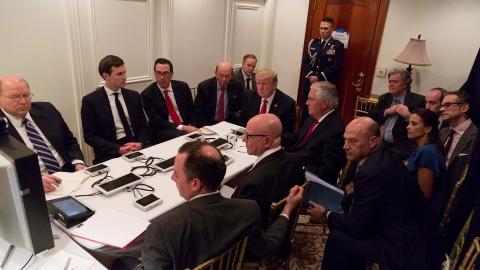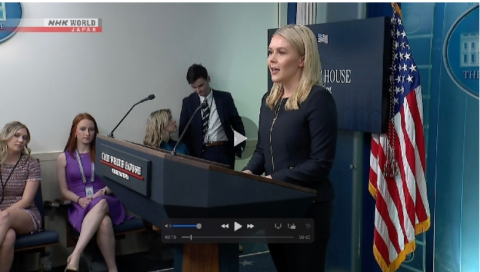Today, I will reply for the questions raised by the media regarding India and Myanmar border area Manipur and Kabaw Valley, and the matters that the Mizoram MPs talked about.
The Hindu News Agency stated on its website that Mizoram MP K. Vanlalvena visited the regions in north-west of Myanmar bordering with India.
It said K. Vanalvena visited Myanmar passing through border areas from Mizoram.
The governor of Mizoram and the border guard forces were informed regarding this visit, The Hindu News Agency said.
Then, we also found that he met with CNF, CNA and Chin PDF. Moreover, regarding the India-Myanmar border areas, Tamu-Kabaw Valley, an MP of Manipur said these areas are likely to be territory of India according to the history at the meeting of Upper House of India.
Moreover, on 10 March, Prime Minister of Mizoram Lalduhoma talked about the arrivals of foreigners to Myanmar via Mizoram at Mizoram Hluttaw.
We also found that The Times of India stated that nearly 2,000 foreigners visited Aizawl between June and December last year, they were never seen in the streets, and their main intention was to cross into Myanmar to interfere in its internal affairs.
Regarding with these cases, what I want to reply to the media is that Myanmar and India are good friendly nations.
Myanmar has been cooperating with India under the Act East Policy.
As previously said, the Myanmar government does not allow groups opposing Myanmar using Indian territory, nor does not accept the groups opposing the India government with the use of Myanmar's territory.
The two countries have bilateral cooperation for border security of two countries.
The Indian government has already known that there have been many successful achievements in this collaboration.
Myanmar continues to hold the Five Principles of Peaceful Coexistence as usual like India.
It stands as good friend.
In regard with Myanmar-India border area, the Myanmar-India border stretches over 1,010 miles. It is 1,626 kilometres.
Over 907 miles were measured, over 1,460 in kilometres.
Most of them have been measured already.
The Kabaw Valley were also finished measuring.
For the Myanmar-India border demarcation, there is MoU on Border Cooperation between Myanmar and India made on 8 May 2014. When it comes to say Kabaw Valley, in 2013, the opposition party of India BJP campaigned with a promise to reclaim the Kabaw Valley comprising of Tamu-Kalay- Mingin townships.
The locals opposed in Kalay and Mingin townships.
Therefore, what I want to say is that Myanmar is always a good neighbour of India. Some of the politicians in India should not jeopardize bilateral relations between the two countries solely for their own political ambitions.
They should respect the sovereignty and territorial integrity.
Myanmar will continue to do what it should be informed and said regarding this issue.
Thank you all.
Source: https://myawady.net.mm/










